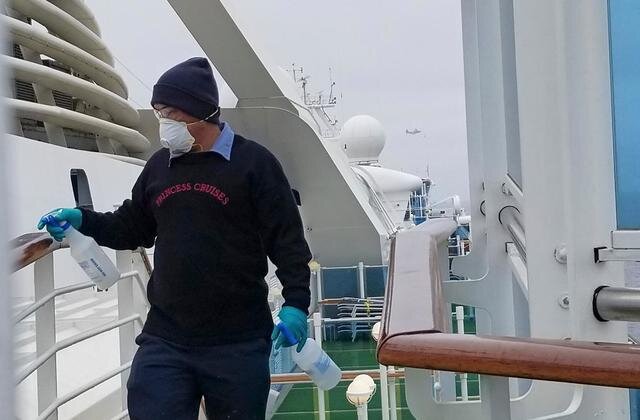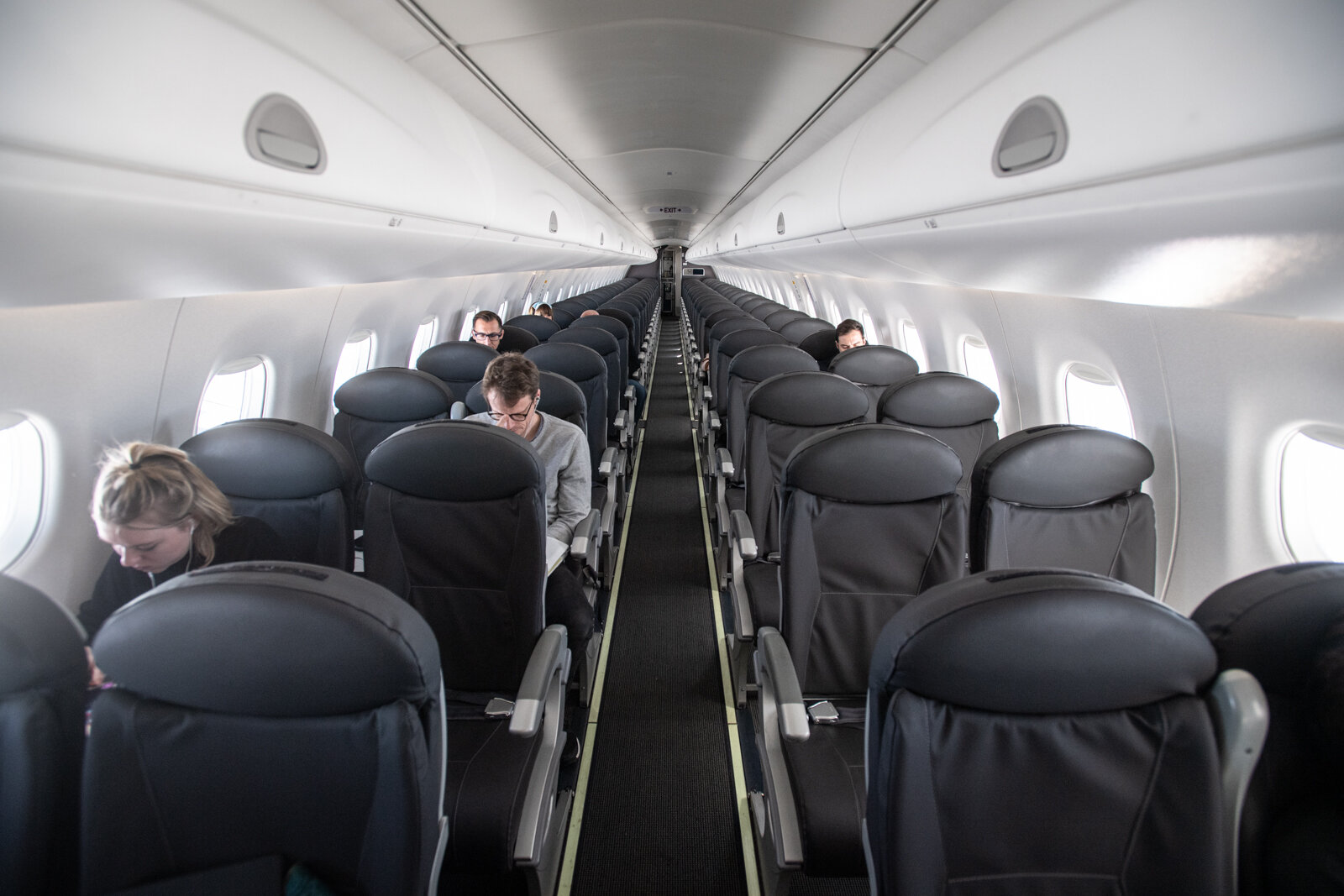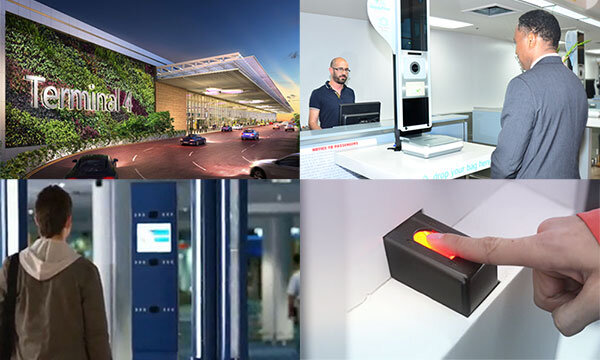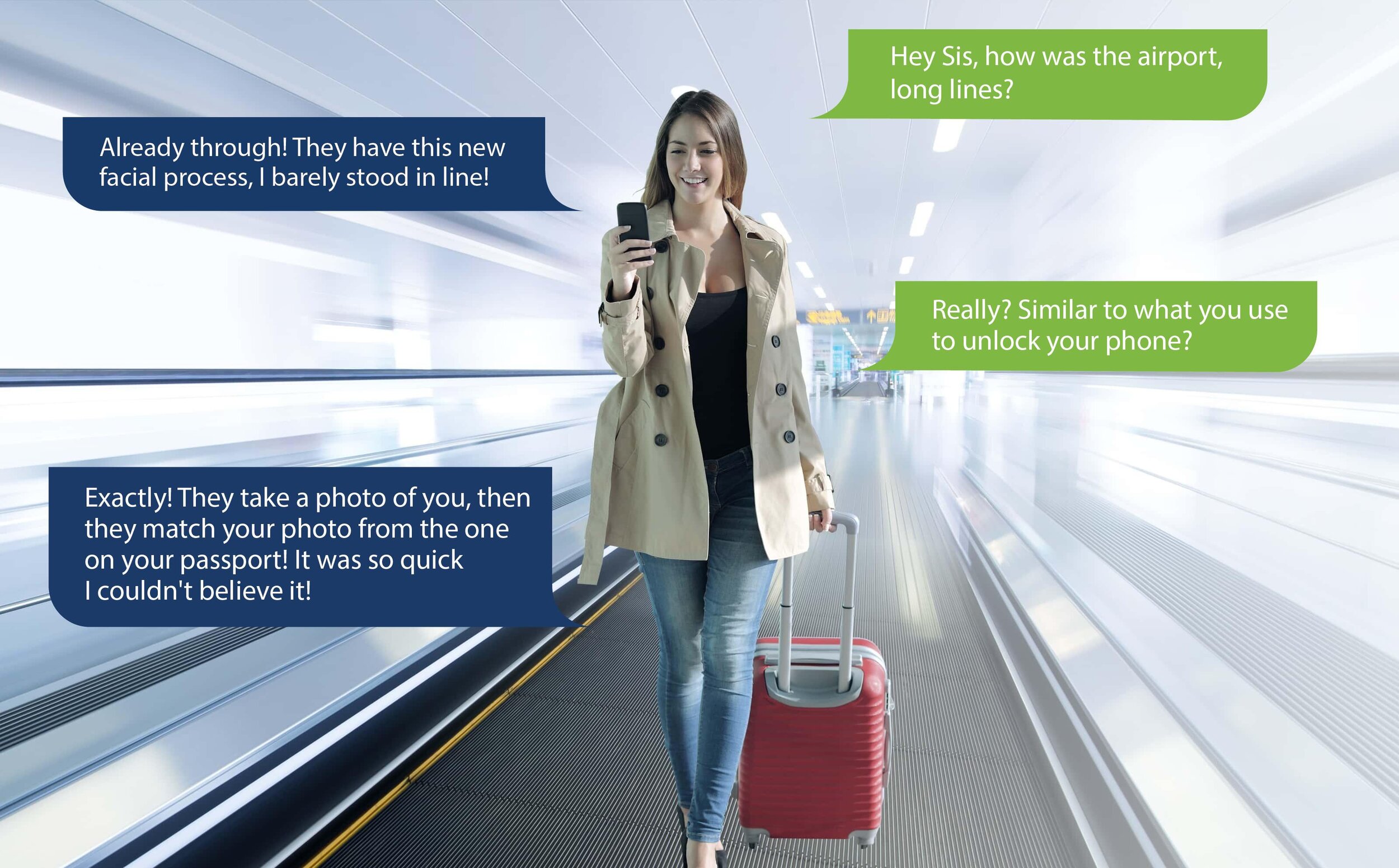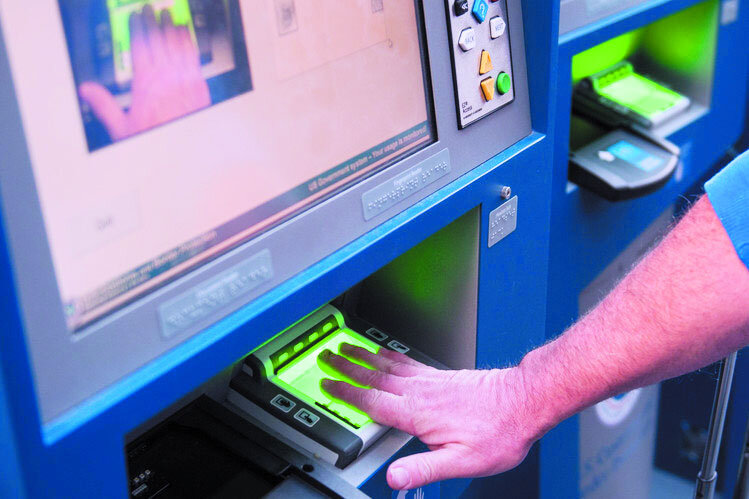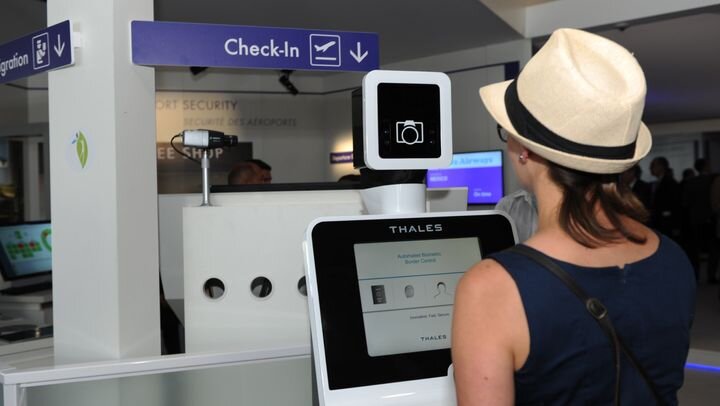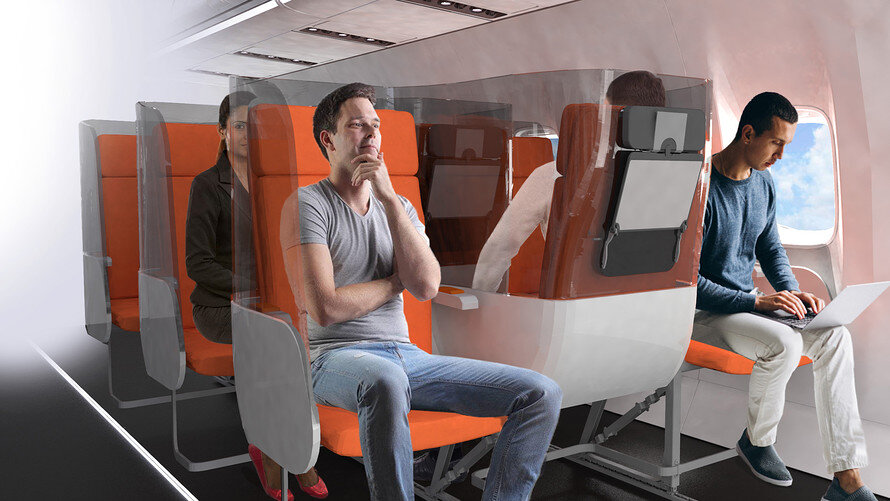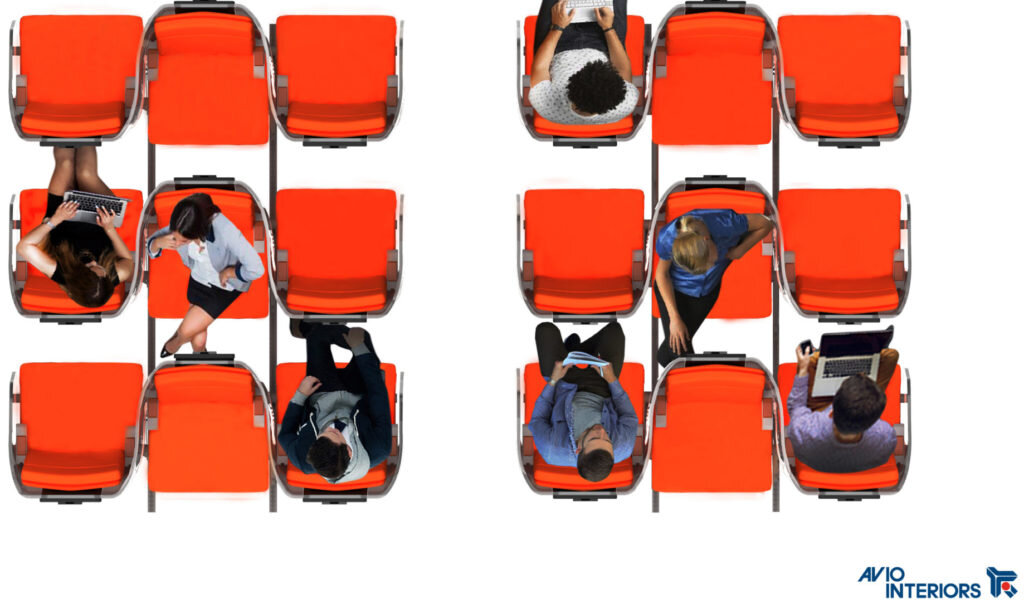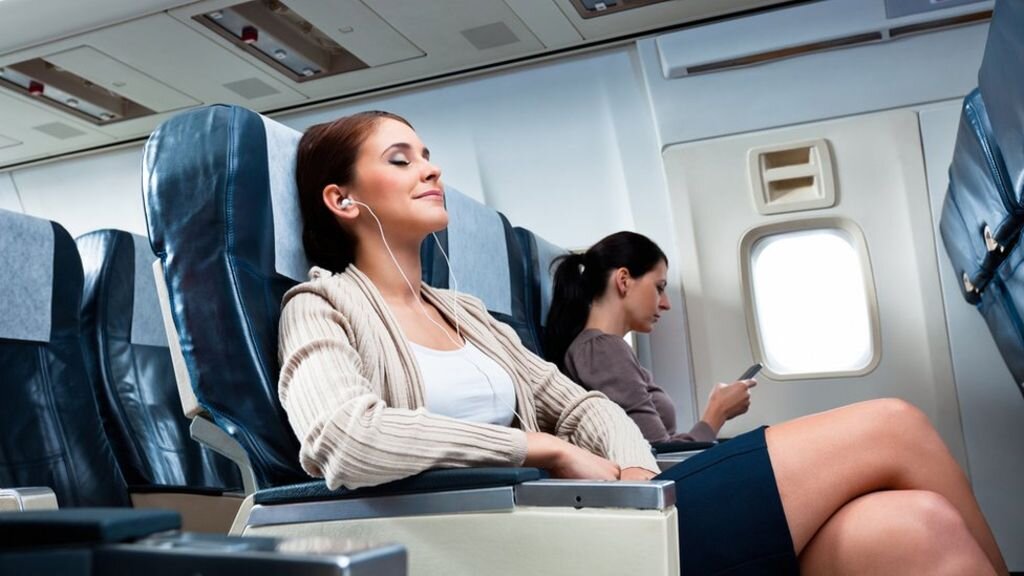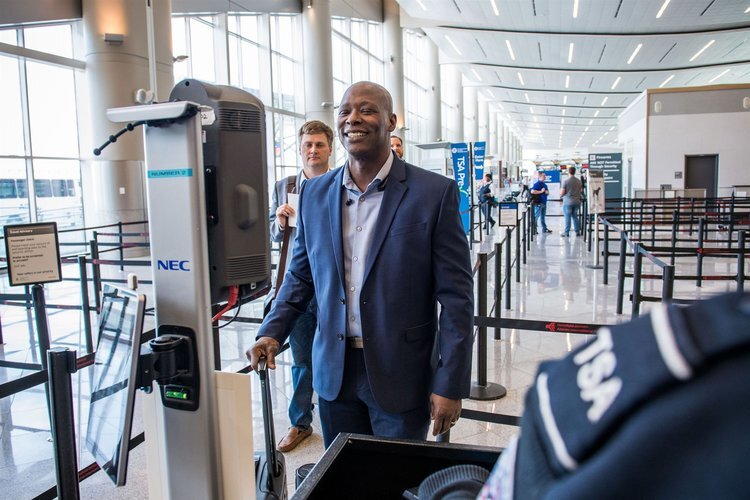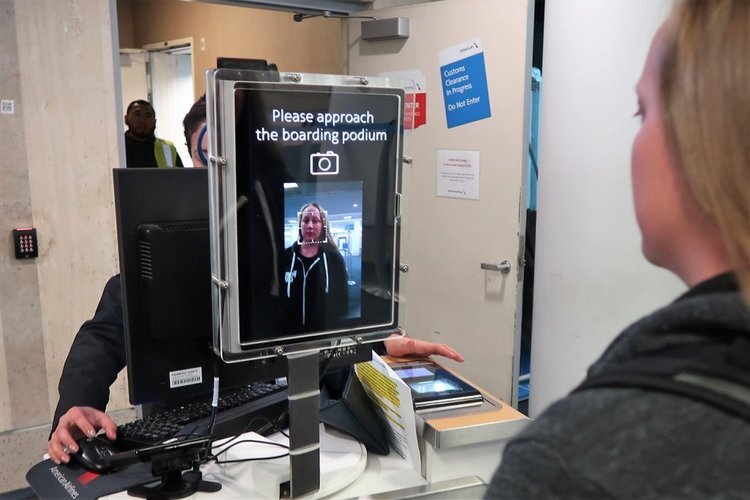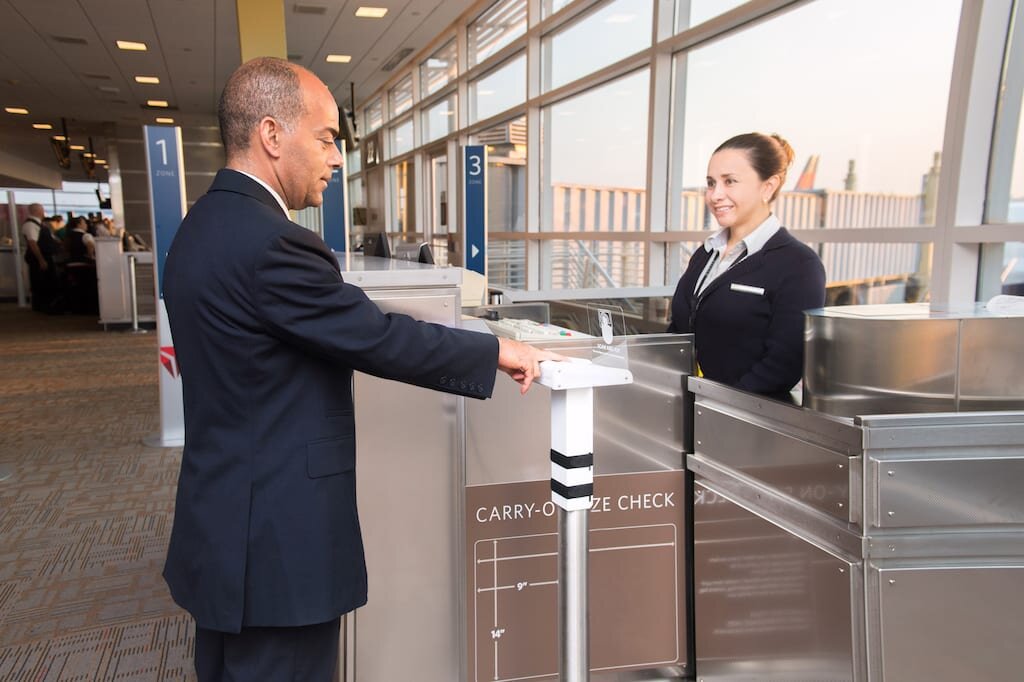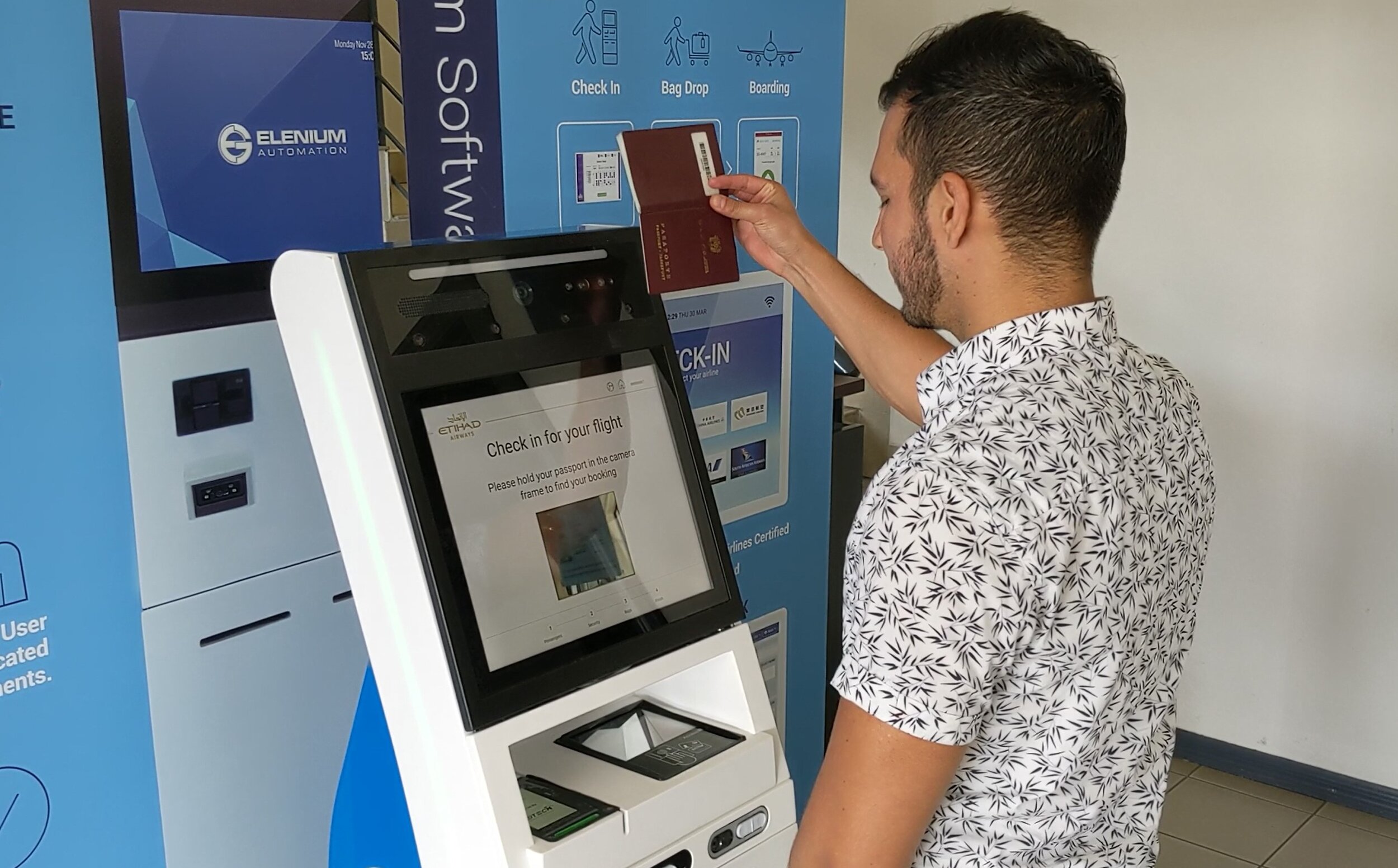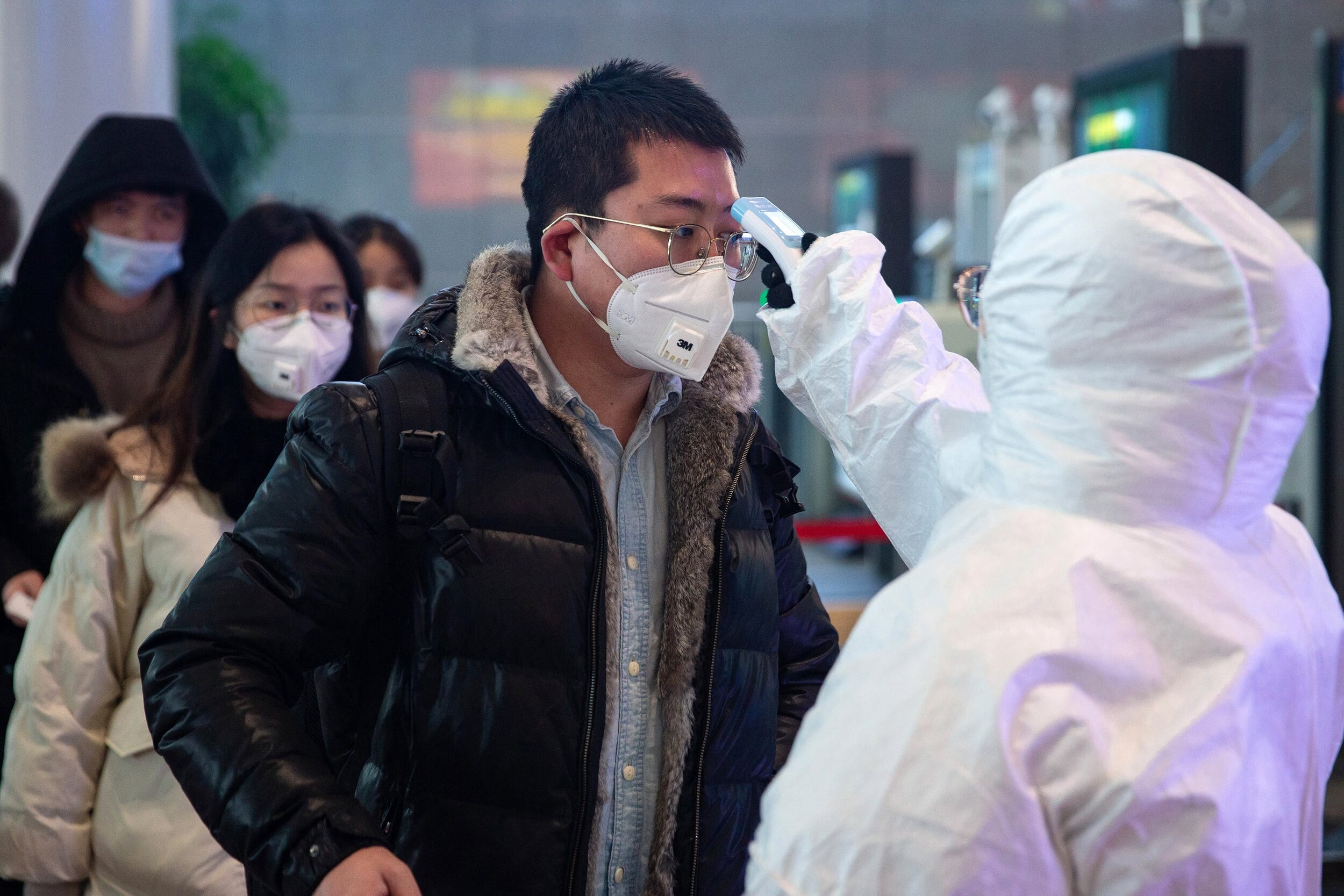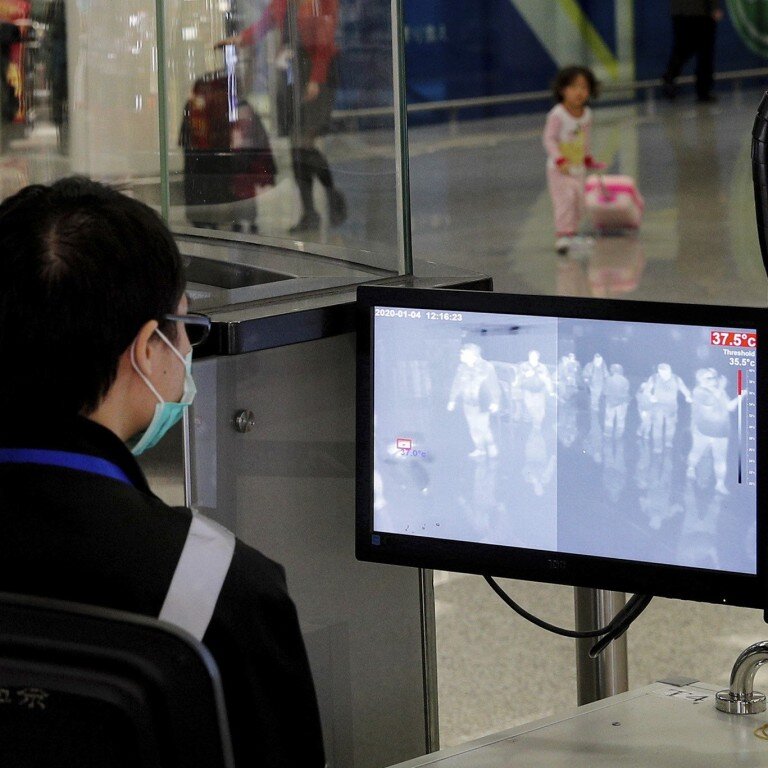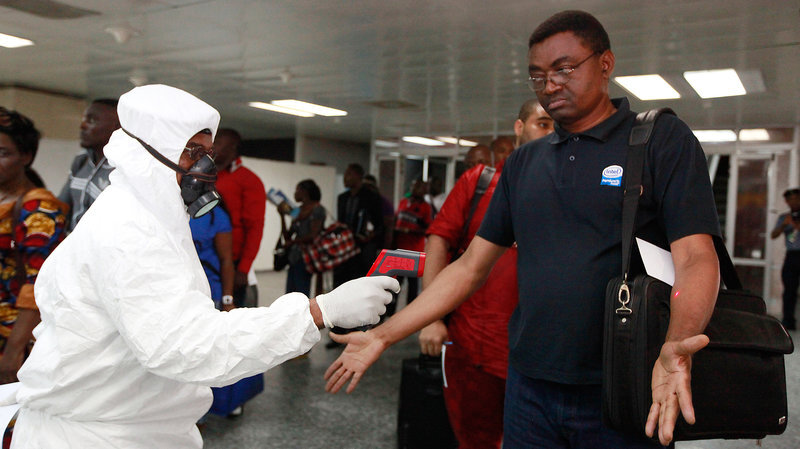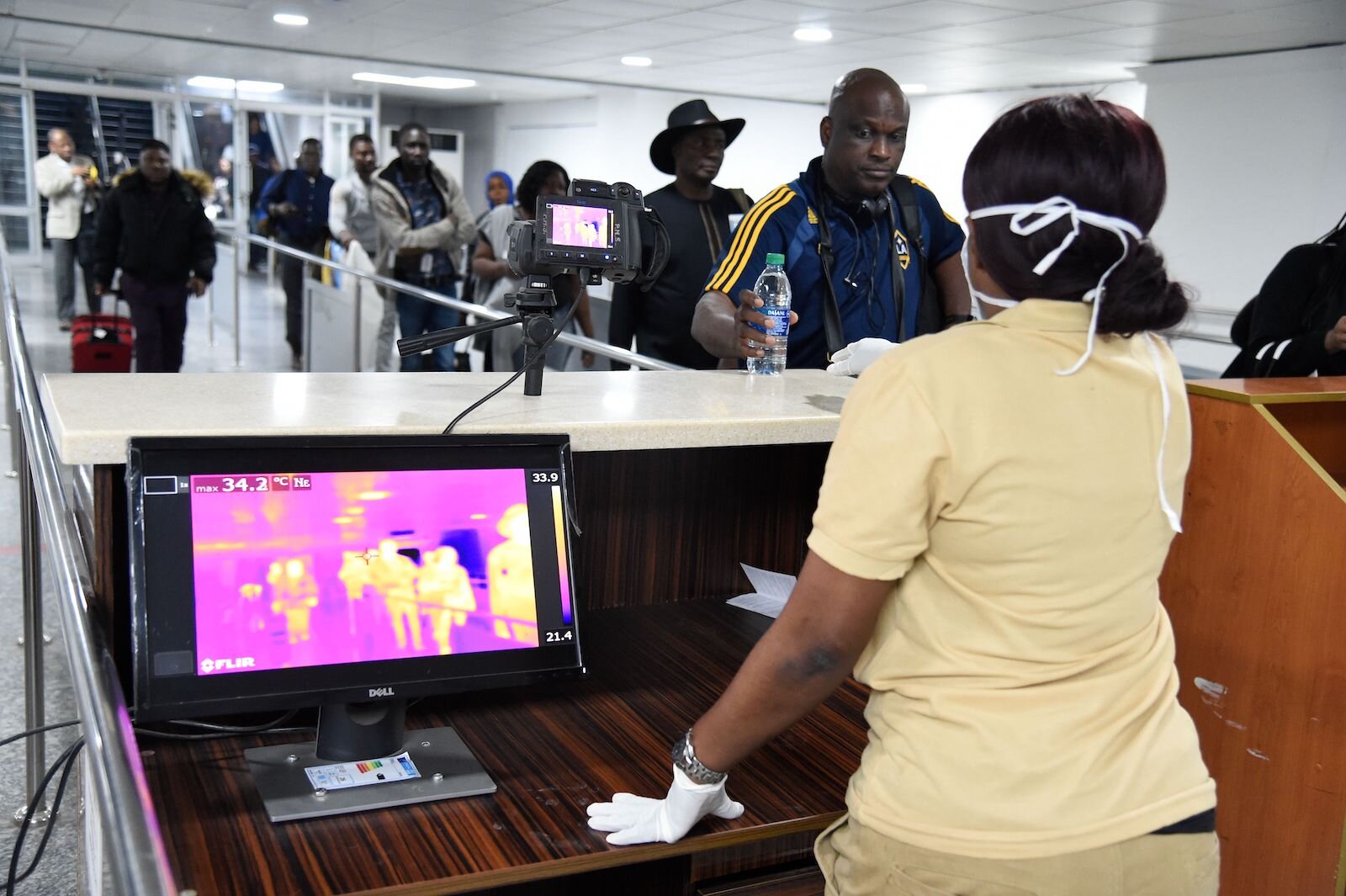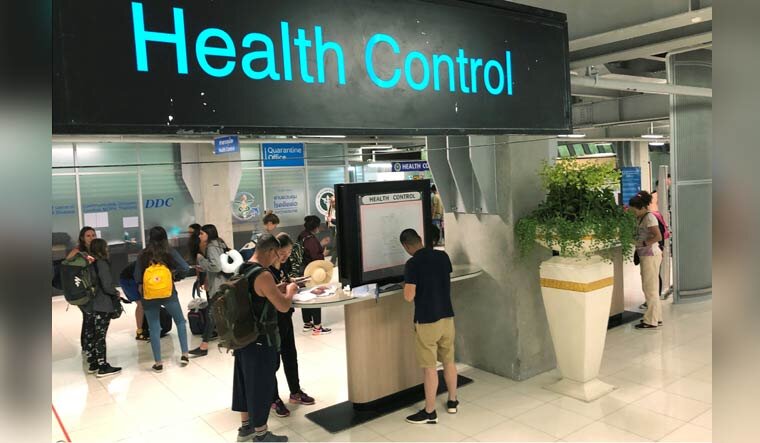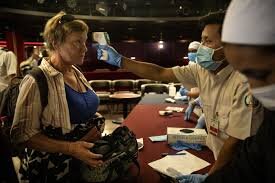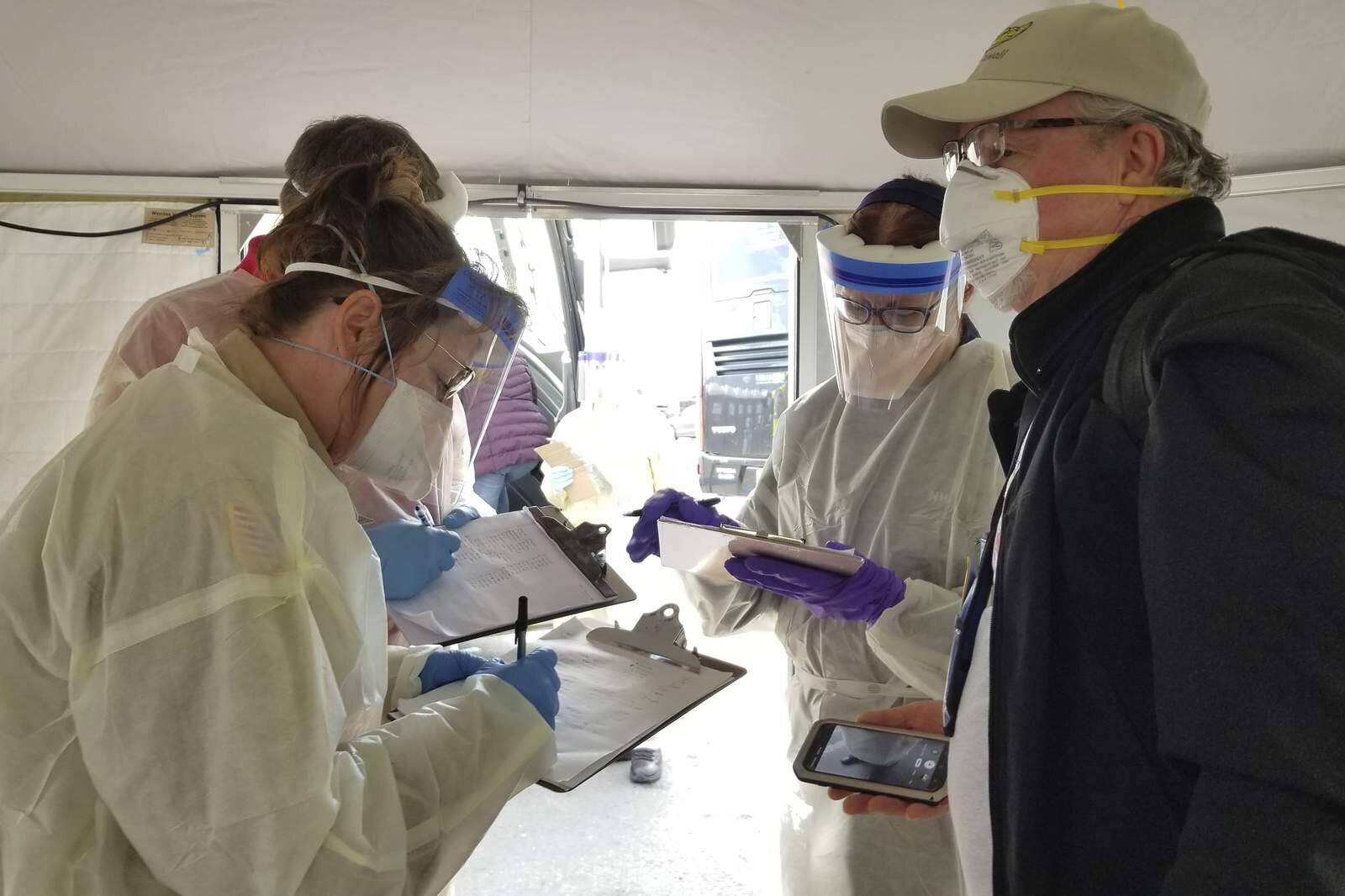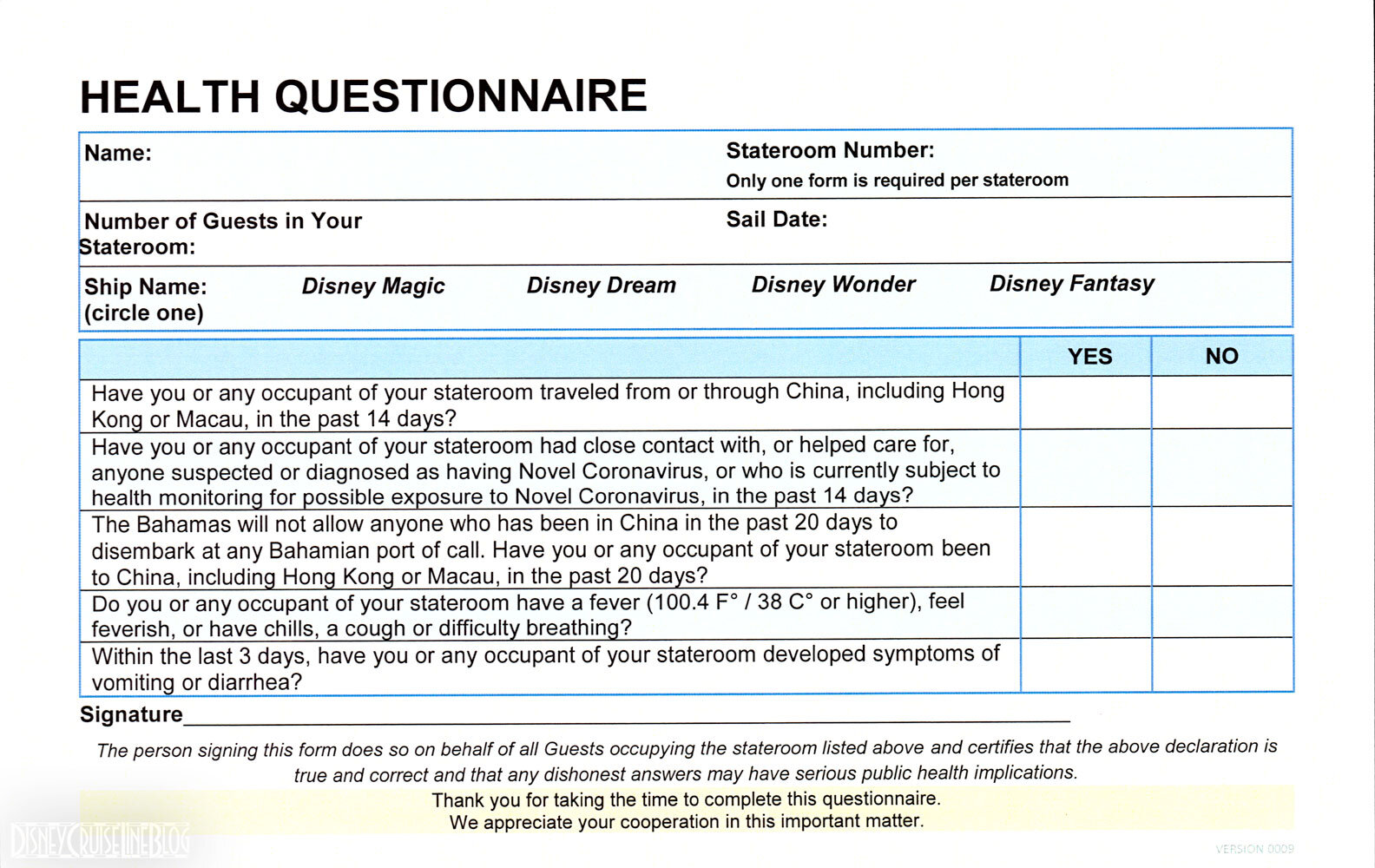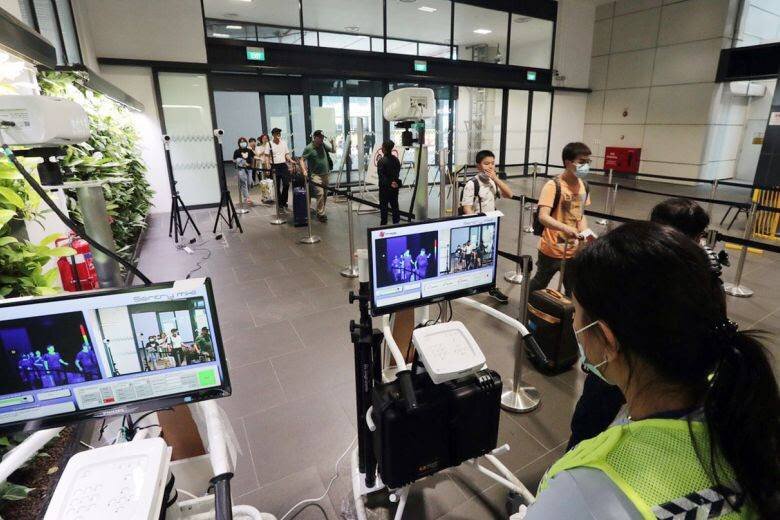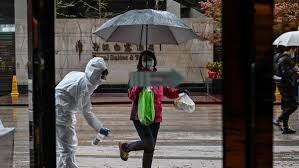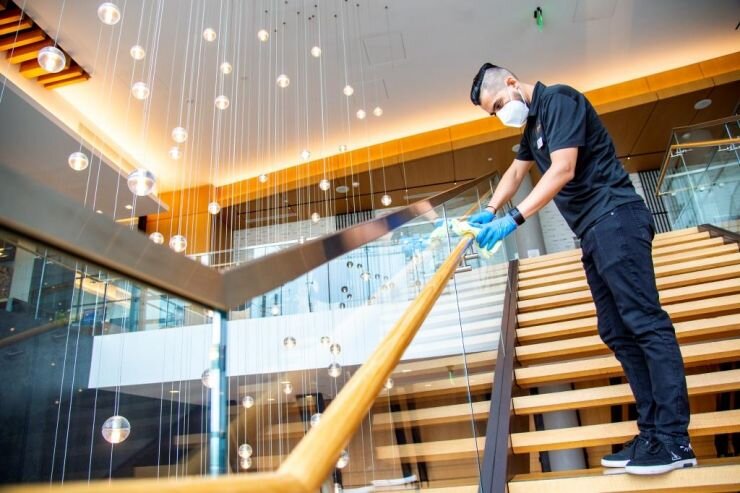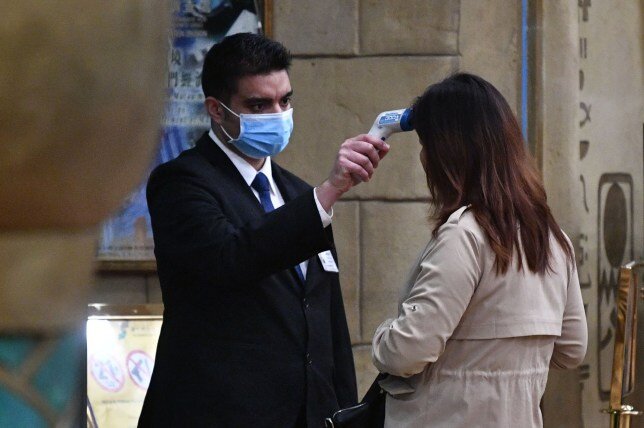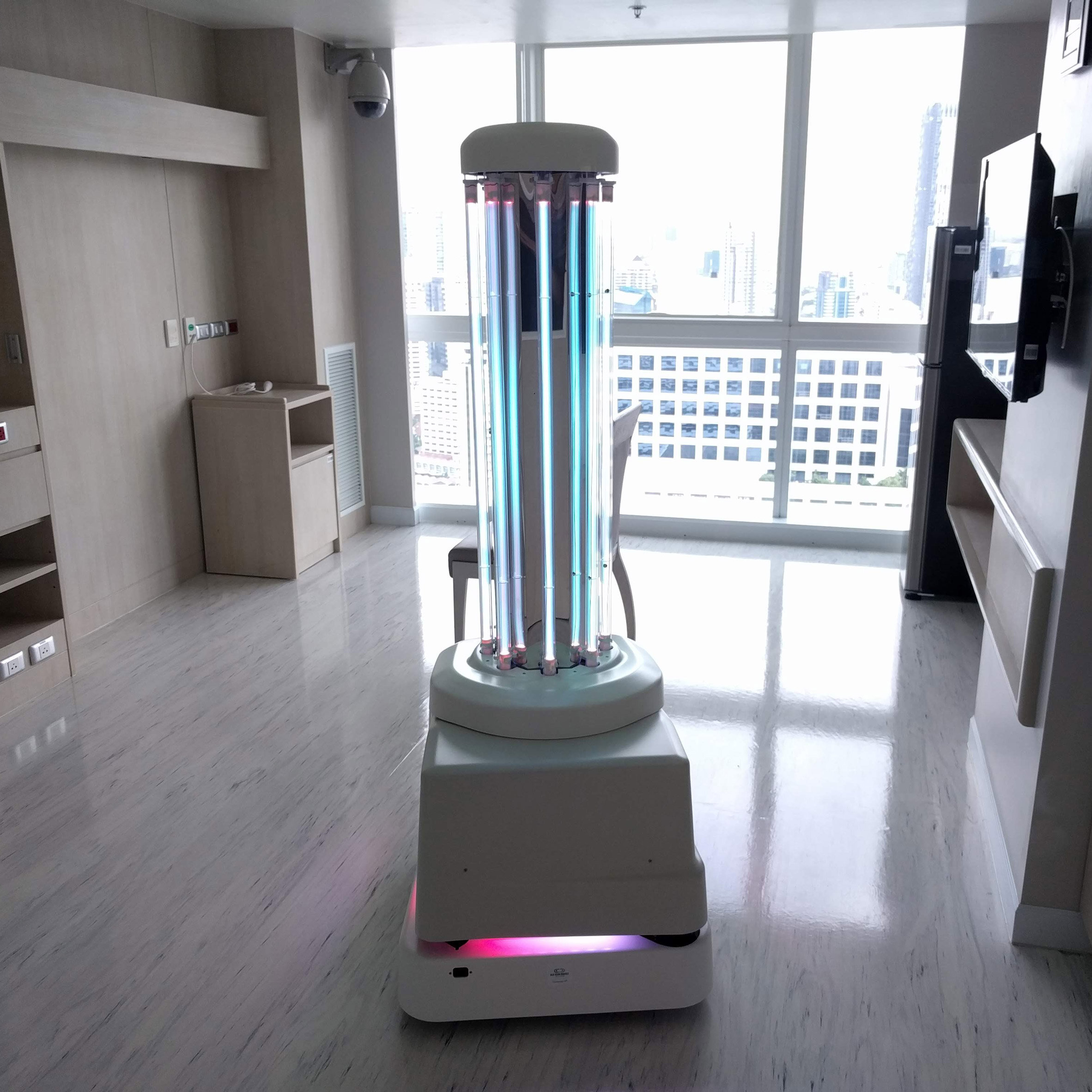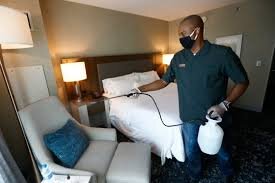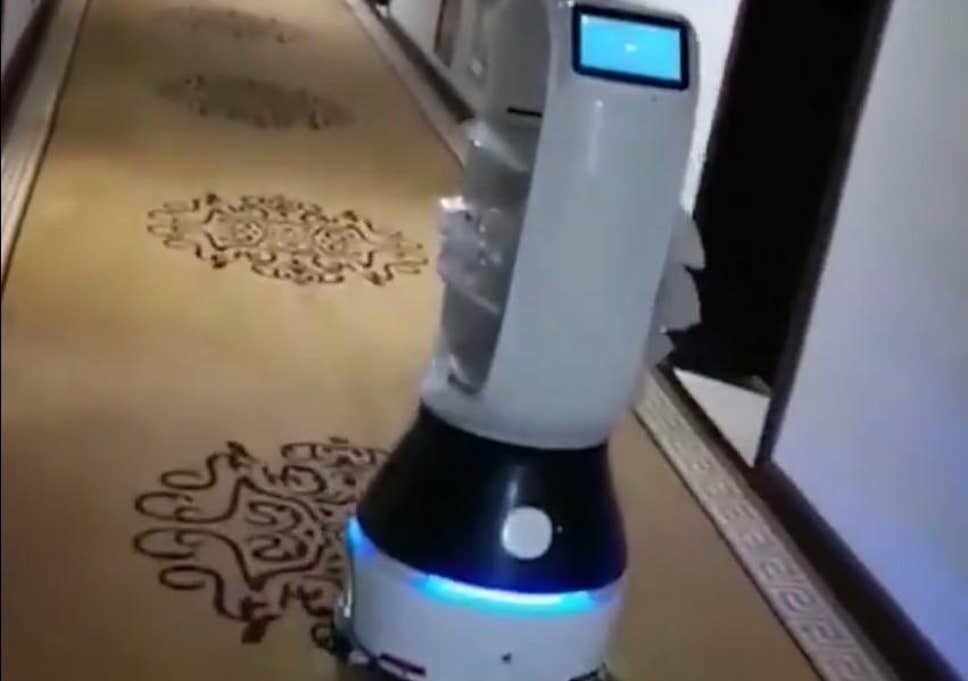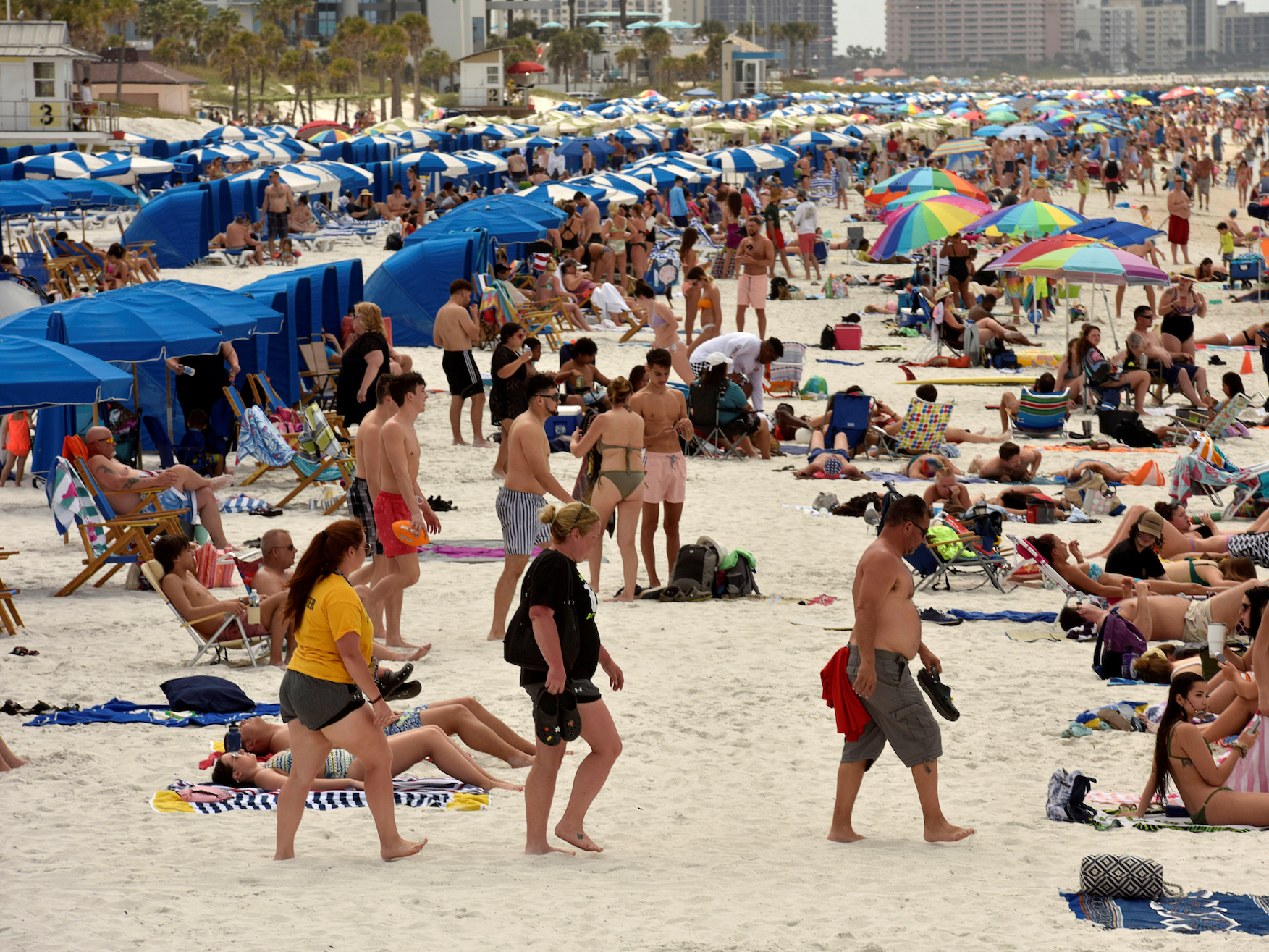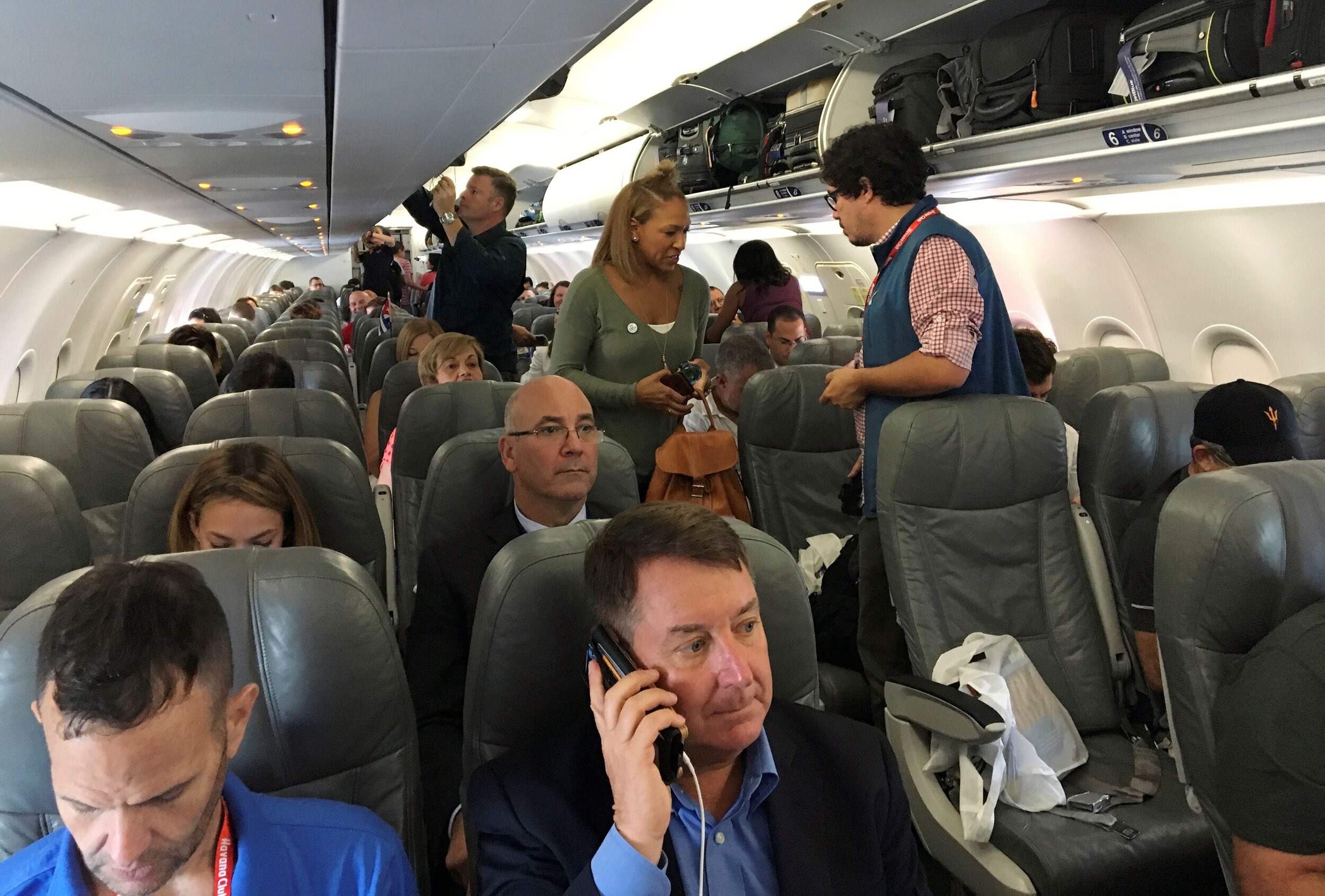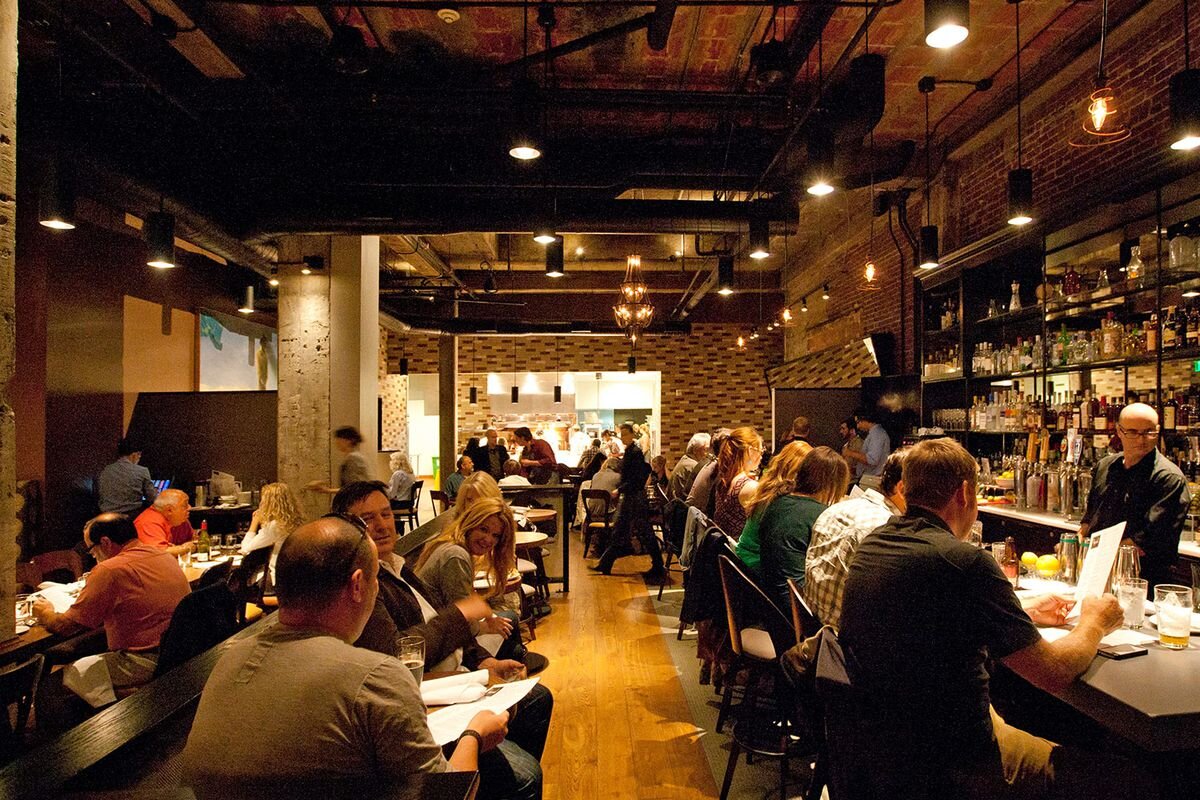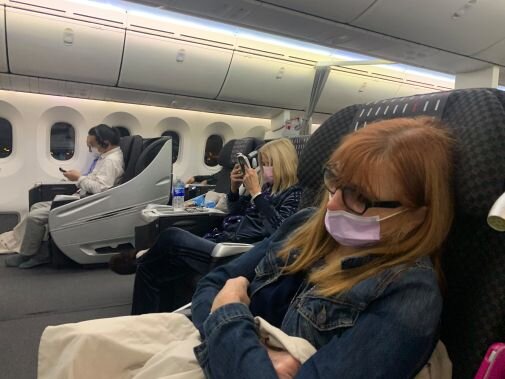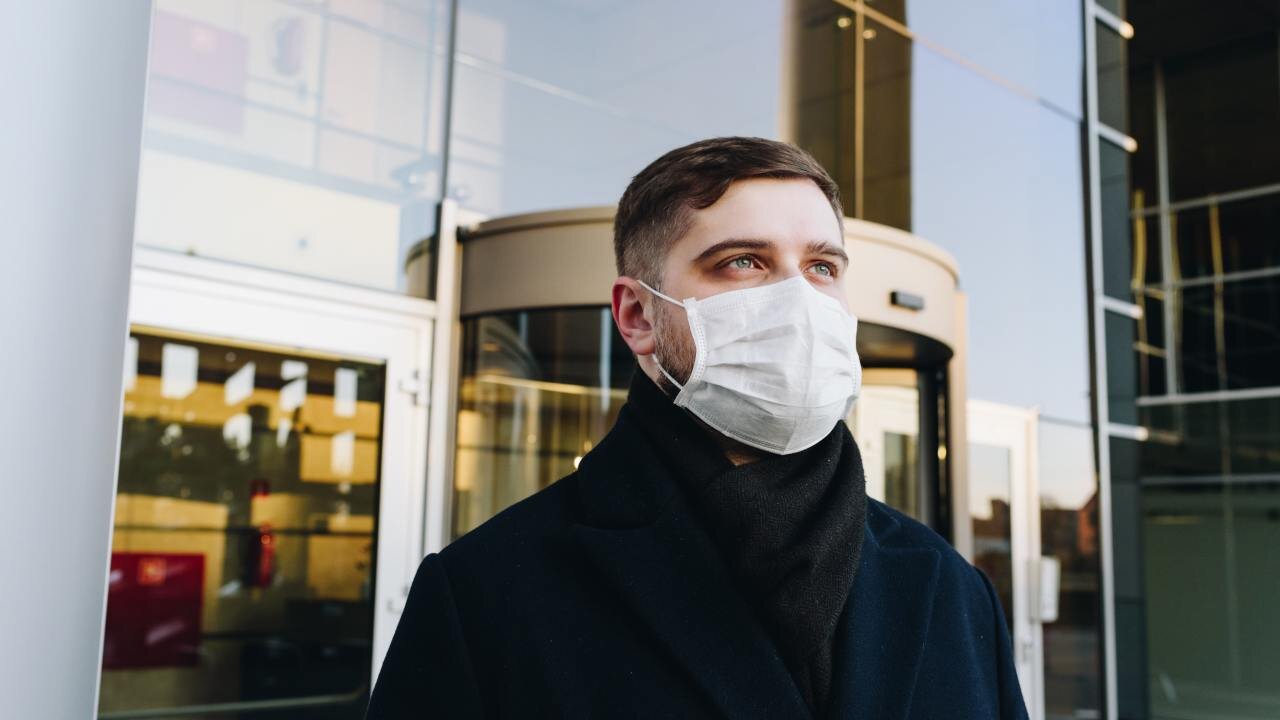The global pandemic of coronavirus has changed our world, probably for a very long time to come. With hundreds of thousands of businesses closed large and small, people furloughed or fired altogether, leisure travel put on hold and air traffic practically at a stand-still, we now must look at what our lives will look like going forward when we travel. I want to focus on one aspect of the new normal that we can expect many changes to occur, travel and tourism. I will review three of the main sectors involved.
People haven't changed in that they still want to go places, but they're going to necessarily be a lot more cautious about how and where they travel. Travelers will ask not only “is it safe to travel,” but they'll need to see actual physical changes made to make travel safer.
Many aspects of the travel and tourism business will have to change, maybe for the better. The industries involved seem to be gearing up for some future "recovery," insinuating a return to the baseline of pre-coronavirus. That simply cannot happen because the pre-coronavirus travel and tourist industries will not function in a post-coronavirus world. Everything must change: the way we fly; the way we dine; the new procedures in hotels; cruise ships will take a new approach on how they handle guests; how we wait in line; even how we go to the beach. Our very concept of vacation may have to change.
The return to travel will not be a swift one, it will take time to gear up again. It’s impossible to predict when or how travel might resume, let alone whether we’ll feel comfortable traveling around the world again with the kind of carefree attitude to which many of us have become accustomed. But travel and leisure will resume. It will come back, it has to be back. Far too many livelihoods and economies depend on it. More than 10 percent of the global workforce is employed by the tourism industry.
Industry experts say technology will be a key tool in the revival of travel to lessen personal contact with the masses. Electronic passports and IDs (Real ID), boarding passes, medical screening, and robot cleaners being deployed widely to limit physical contact between people and surfaces. Hotels, airlines, will have to determine how to give travelers personal spaces they feel they can control. Cruise lines will have to adopt the attitude that bigger is not better any longer. Though many cruise lines have built massive ships that can hold 6,000 passengers, they must reconfigure cabins, eating areas, entertainment and the overall general meeting places to give passengers greater personal space. Fear of humans and crowded places will be etched in our hearts for the rest of our lives.
The coronavirus-induced worldwide financial crisis will be a key factor in keeping travelers close to home, at least in the short term. The extra money that people have will be a main influencer on what type of travel people take and to what destinations. You could see more people will travel domestically, because it’s a less scary prospect and also often cheaper than a trip to Europe. A trip to a spot in the US never visited before; a cruise to Alaska, Mexico or Hawaii instead of Australia or Europe.
Let’s take a look at some of the segments that make up travel and leisure and see what changes may occur in order to reduce further spread of any virus. The less contact you have to make with people either touching documents or sitting in close proximity will cut down the spread of virus.
Expect air travel to return to early 2020 levels in five years, taking into account that the airline industry took three years to recover post-9/11, and two years to return to pre-2008 revenues after the recession. It’s hard to know when an uptick may start again. A recent survey found that many travelers could wait six months before flying again. Travelers are likely to adopt a disinfecting regimen. We won’t think twice about it or look at people who we thought previously were crazy, who were cleaning seats and tray tables on a plane. Initially flights are going to be cheap because they’re going to have to convince people to go on planes, but costs of some things are going to have to go up because of the necessity of more sanitation and loss of revenue during the virus.
The airlines will start with higher fares, fewer routes, preflight health checks and less free food. Many airlines may reconfigure their classes to squeeze more money from customers. Airlines might also increasingly charge economy passengers separately for things like baggage check-in, legroom and meals. Other new rules could be making all passengers and crew wear masks during the flight. Some airlines have already started procedures.
Seating
Seating could take on a whole new look. Right now most airlines have eliminated middle seats for passengers, since the flights are only flying a 10% capacity. An idea presented from an Italian manufacturer could a new configuration of seating be in our future in a few years?
Elimination of Airport Hubs: One of the reasons that New York, Chicago, San Francisco, Los Angeles are some of the biggest hot-spots for coronavirus is that they are all hubs for airlines. Hub destinations run the greater risk of a virus spreading exponentially. We reduce the risk of greater spread at airports by flights going direct to their destination. Boeing has decided that the future of air travel is in smaller, more direct routes rather than hub to hub travel. If passengers were given a choice, they would always opt to go direct. The obvious conclusion is that passengers will demand direct routes across the globe, skipping as many hubs as possible.
Electronic Documentation Paper boarding passes will soon cease to exist. Every passenger will be asked to download their boarding pass on their cell phones and present it for TSA and as they board the plane. This technology is currently widely used and will be universally used in the very short future for all passengers.
ePassports: All passports will become biometric passports (also known as an e-passport, ePassport, or a digital passport) is a traditional passport that has an embedded electronic microprocessor chip which contains biometric information that can be used to authenticate the identity of the passport holder. The chip allows for reading of the passport holders identity without touching the passport. Through 2017 over 120 countries have adopted this technology.
Biometrics: Is the measurement and statistical analysis of people's unique physical and behavioral characteristics. The basic premise of biometric identification is that every person can be accurately identified by his or her intrinsic physical or behavioral traits. Facial scans, fingerprints, retinal scanning, finger geometry and voice recognition are just a few aspects of biometrics. Both TSA and the airlines will use some form of biometric to pass through security and board your flight.
Health Screenings: Screening for coronavirus will likely become a standard feature of the travel experience, at least until a vaccine is developed and put into widespread use, but that could take years. Quick 10 minute blood tests have not proven that they are 100% reliable. There has been discussion that travelers who have recovered from coronavirus might receive a health passport certifying they have immunity, allowing them to speed through this screening process.
Travelers who are comfortable with cruising will return like a world pandemic never happened. They will find very low prices as cruise lines restart service. The challenge will be in attracting new customers to cruise travel, which will be essential to continued growth. Meaningful cruise operations will resume by 2021 and already, the demand is there. Reservations for next year are up 40% from 2019. But the cruise industry will have to adapt like many industries, that post coronavirus will not be business as usual. So what will be some of the changes we see in the cruise industry. Such sweeping changes will require heavy investment at a time when cruise operators are already struggling.
Reconfigured Ships: The cruise industry must change their mantra that “bigger is better.” With many lines having built ships that hold 6000 passengers, the thinking now must be that cruises with less passengers coupled with a lot more attentiveness from crew staff, will make for a greater cruise experience. Reconfiguring some of the new ships that are still under construction with bigger staterooms and less passenger density might be a way to attract new customers.
Food Services: Love them or loathe them, the quintessential, self-service buffet could soon be a thing of a past and replaced by crew-manned serving stations and table service. Reducing buffet food service and leaning more toward a la carte dining across rate tiers might be another way to reassure travelers who are skeptical about cruise travel. Dining room reservations may become the only way you can eat in the main dining rooms, which will be reduced in size to provide further space and protection to passengers. It already is a necessity when eating in one of the many specialty restaurants.
Technologies: The cruise industry has been slow to adapt and introduce technologies onboard ships. In recent years it has gotten better and more lines have introduced wearable devices that permit a guest to perform a myriad of tasks from the device. Check-in when you board without waiting; making reservations for dining or entertainment; ordering a drink at poolside; contacting your friends onboard ship; booking shore excursions and checking your account status.
Restrictions on Who Can Cruise: When cruising resumes, some cruise lines could be off limits for a time to older travelers and with preexisting conditions, those most at risk of complications from coronavirus. Cruise lines could ban travelers ages 70 & up and only be allowed to travel with a letter from their doctor saying they are fit to travel and could board the ship. The cruise line could also deny anyone with a serious chronic illness of any age to board.
Enhanced Health Screenings: Several cruise lines already have announced plans for temperature checks before passengers board. But the CDC’s “no-sail” order also called on lines to develop plans for onboard monitoring of passengers and crew through temperature checks and medical screenings. What exactly that would look like is still unclear. One possibility is that passengers on some ships will be issued thermometers after boarding and asked to check and report their temperatures regularly. We could see this happening, in particular, on vessels that experience a flare-up of cases of coronavirus-like illness among passengers or crew.
A synopsis of the other things that will probably change in the cruise industry are:
Enhanced onboard cleaning
lower pricing
less crowded ships
fewer ships to sail
shorter closer-to-home port itineraries
relaxed cancellation policies
All of these changes will be for the benefit of those people who cruise and will make the experience a better one.
The hotel industry understands, in the post coronavirus era, that in order to draw back customers to any of their locations, they will have to win the trust of customers and overcome their fears. The customer must fully trust that the hotel is clean, safe and secure. That proper protocols have been established that are strictly followed.
Prior to the pandemic there wasn’t as much fear or thought as to how many people had slept in the bed they now occupied or were there any viruses on the door handles, faucets or tv remote. The industry will have to develop guidelines that become brand standards. Some countries have already put these standards into practice. A rating will be developed and each hotel will be given a grade that is posted, much like what you commonly see in restaurants displayed in their windows.
Hotels must convey the message to their guests that they’re being regulated, checked and approved by the authorities for clean and safe practices. It is the only way to ease the minds of the guests who review the hotel and are comfortable to make a reservation. So what are some of the protocols and standards that could be adopted?
Sanitized Arrivals: Hotels may now greet guests with a person wearing personal protective equipment (PPE) outside spraying each guest as they arrive at the hotel. In the lobby checking temperatures and having sanitation areas for all guests will be established. Cleaning procedures will be implemented several times a day to make sure all areas of the hotel have been sanitized.
Hotel Based Mobile Apps: Must be developed to allow guests to check-in and out without having to contact hotel personnel at the front desk. Once you are checked in through your mobile app you will be assigned a bar code sent to your phone that will then be used to open your room door; work the room tv; order room service; make dinner reservations and yes even look at the menu of the restaurant.
Single use toiletries: Though this is a common practice that has already been adopted by many of the larger chain hotels, this will now become a standard for all hotels. This practice will help minimize the spreading of germs and any viruses.
Elimination of room items: Say goodbye to decorative pillows, bed runners, items stocked in minibars, cheese plates, the bottle of wine, bottled water; coffee station; mini-bar even paper products like magazines and pamphlets.
Technology Based Cleaning: Guests will not only need a clean room to sleep in, but they’ll also need to trust that it is indeed clean. Housekeeping, as we once knew it, will change. Hotels could adopt using germ-detecting ultraviolet lighting in rooms, as well as contact tracing of other guests. Some hotels have already invested in germ-killing robots that use UV light to disinfect areas throughout the hotel. The standard use of ozone generators to remove odors from rooms and kill microorganisms.
Dining Facilities: Eliminated will be the grab-and-go stations where you could pick up a quick free bite my go away. Buffets will also change in that you can no longer just help yourself. You will be assisted by a hotel employee behind a glass partition, probably wearing a mask. Full service restaurants may change in that service levels will consist of you making a reservation on your hotel phone app, being seated and then ordering your drinks and dinner on your phone app. The food will be brought out to you with little if no interaction with hotel personnel. Room service could also be greatly diminished or eliminated altogether.
The carefree world we once knew, may be forever changed through coronavirus. What we took for granted in being able to rome about whenever and wherever we wanted may be gone for a long time. Let’s hope this is not the case, but if it is, then we must make significant changes to not only our daily lives, but also when we travel.
These changes will be for the good and benefit all of mankind, because we are all in this together. The coronavirus has become a world pandemic not just isolated to the United States. In order to make the changes necessary to carry forward, we all have to adapt and adopt change.






